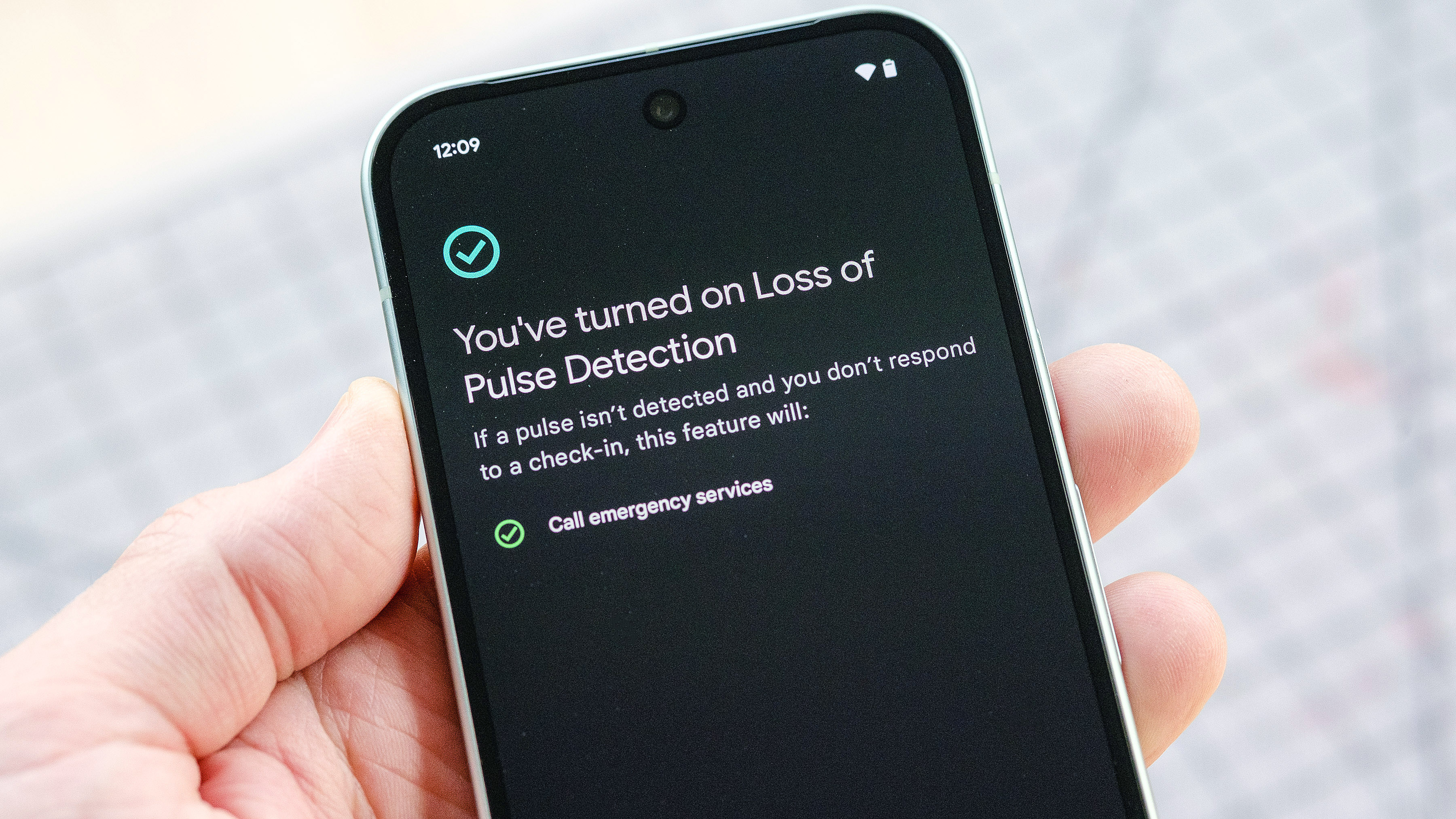Microsoft buys Activision Blizzard — here's the pros and cons for gamers
Here's what Microsoft's Activision acquisition could mean for you
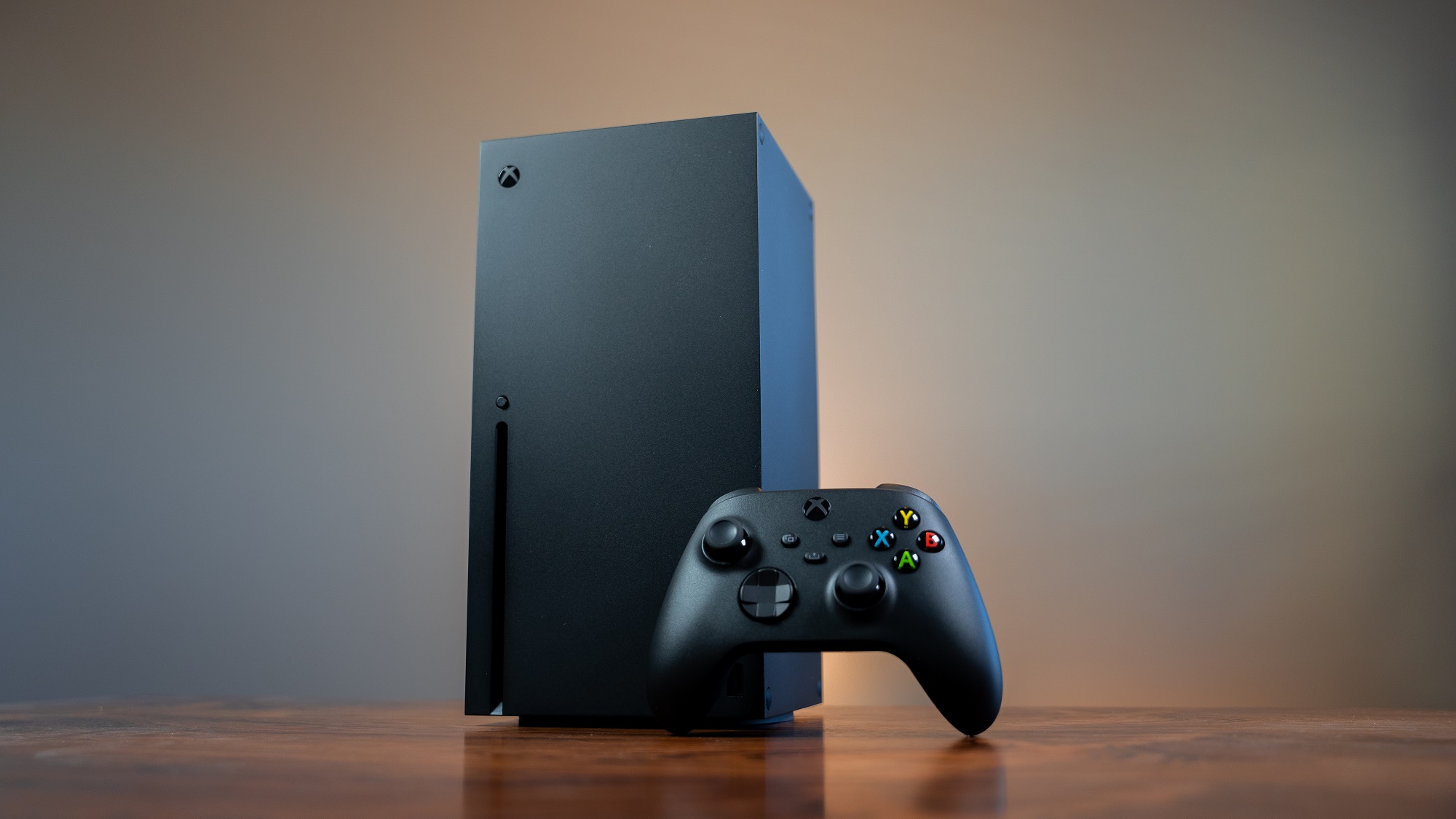
Update: We ponder the question of what does Microsoft’s Activision acquisition mean for gamers?
We’re only halfway through January, but the news that Microsoft is planning to buy Activision Blizzard in a $68.7 billion deal is certain to be one of the biggest gaming stories of the year. This out-of-the-blue acquisition could shift the entire industry in a major way.
The internet is already rife with stunned reactions, wild speculation and some questionable hot takes. Take a quick glance at social media, and you’ll see everything from analysts feverishly forecasting to fanboys raging (or celebrating) the idea of Call of Duty and Overwatch becoming Xbox exclusives.
According to an email sent to Activision Blizzard employees by embattled CEO Bobby Kotick, the deal should close sometime in Microsoft’s 2023 fiscal year, which ends on June 30, 2023. The deal has raised some anti-trust questions, but it’s likely to go through without significant delay. After all, companies as large as Microsoft aren’t in the habit of announcing purchases that aren't ironclad.
The full ramifications of this eye-wateringly expensive acquisition won’t reveal themselves for several years to come. For now, though, we’re all trying to adjust to this new world in which Microsoft owns one of the biggest and most (in)famous publishers in the industry.
As the dust starts to slowly settle, many skeptics are already asking if this landmark deal is ultimately a good thing for the industry as a whole, and for gamers themselves. We can’t definitively answer those questions quite yet. But here’s the impact we expect Microsoft’s purchase of Activision Blizzard to have in the coming years.
Xbox is betting big on Game Pass
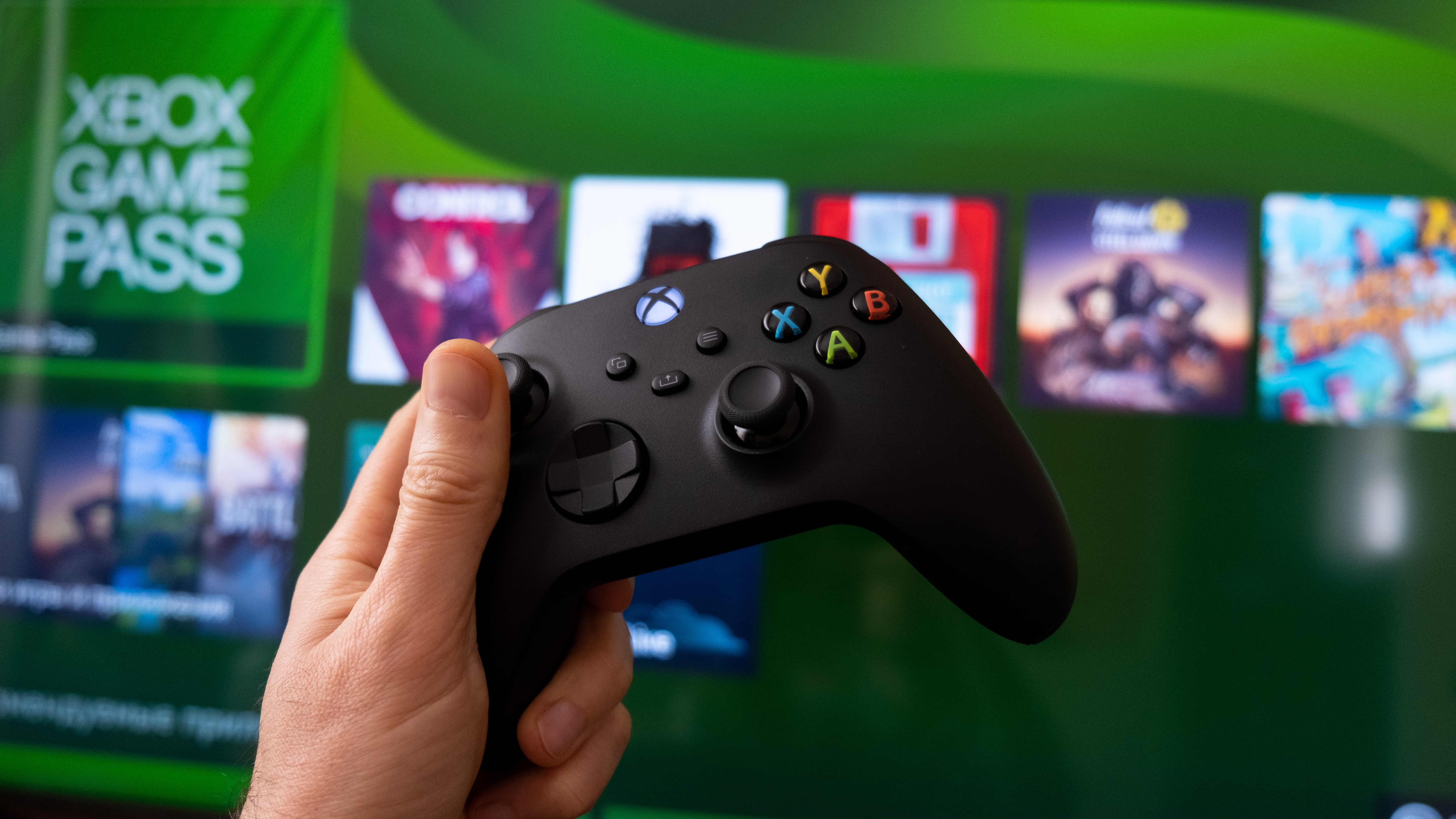
Microsoft almost certainly has multiple reasons for purchasing Activision Blizzard. When a company spends almost $70 billion in a business transaction, it’s natural to assume its rationale is multifaceted. However, one thing this deal indicates is that Xbox Game Pass is very much the future of the brand.
In fact, Xbox CEO Phil Spencer has wasted no time in confirming that Activision Blizzard titles will begin appearing on the popular subscription service as soon as possible. In the Xbox blog post announcing the deal, he said: “Upon close, we will offer as many Activision Blizzard games as we can within Xbox Game Pass and PC Game Pass, both new titles and games from Activision Blizzard’s incredible catalog.”
The service is now 25 million subscribers strong, and it’s clear that its reputation as arguably “the best deal in gaming” is set to stick around for the foreseeable future. Spencer also drops Xbox Cloud Gaming by name in the post, claiming the deal will allow the team to “accelerate” its cloud gaming plans. Expect Blizzard games, in particular, to make a real splash in this area. Titles such Hearthstone already have a dedicated mobile player base, which suits cloud gaming perfectly.
It’s not unreasonable to speculate that the main driver of this purchase is Xbox’s continued need for content. Keeping a service like Xbox Game Pass freshly stocked requires a serious investment in new games. While third-party deals, such as the ones that brought Back 4 Blood or Outriders to Game Pass at launch, are useful, being able to consistently add original first-party content to your service is more sustainable in the long run. Blizzard's newly announced survival game will likely end up on the service as well. See Netflix’s continued investment in original content as a case in point.
With this deal, Microsoft will be able to bring games in iconic franchises, such as Call of Duty, Overwatch, Diablo, StarCraft, Crash Bandicoot, Spyro, Tony Hawk's Pro Skater, World of Warcraft and Candy Crush to Xbox Game Pass as it sees fit. It practically goes without saying that Xbox being able to promote the latest Call of Duty installment, day one on Xbox Game Pass, at no additional cost, is a pretty powerful selling point for the service.
A new way of thinking
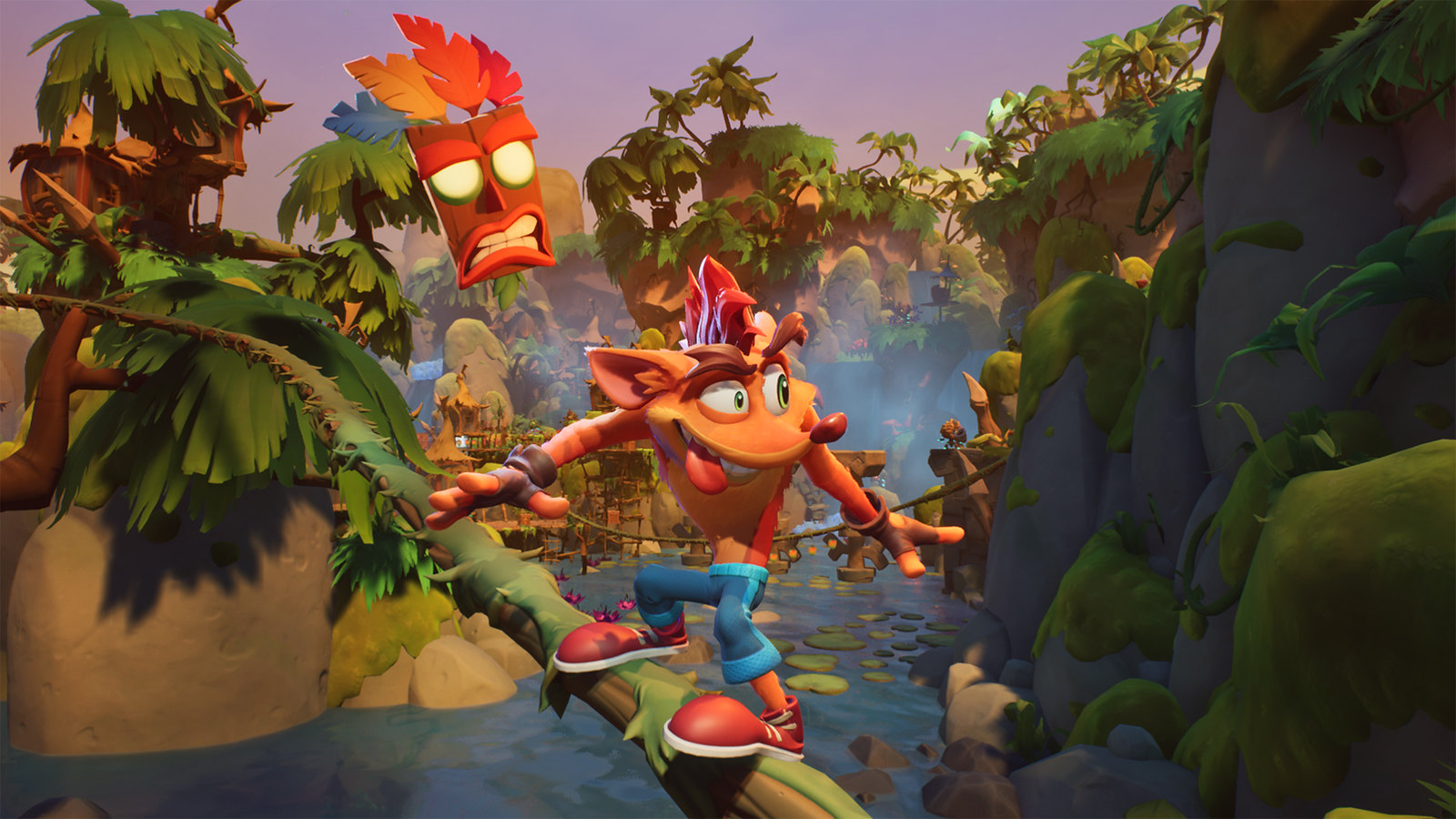
Under its current leadership, Activision Blizzard has an obsession with billion-dollar franchises. In fact, in 2021, Activision reverted Toys for Bob, the developer of the excellent Crash Bandicoot 4: It’s About Time, into a support studio for the free-to-play battle royale game Call of Duty Warzone.
The same trend has occurred across Activision Blizzard’s recent past, with midrange titles being ignored in favor of a seemingly all-consuming focus on its flagship series, such as Call of Duty. This acquisition could breathe new life into some currently neglected franchises.
Microsoft has already demonstrated that it can allow first-party studios to work on smaller games, such as Double Fine’s Psychonauts 2. This approach could benefit some of the smaller franchises that Activision Blizzard owns.
Don’t be surprised if Microsoft greenlights new entries in the Crash Bandicoot, Spyro the Dragon and Tony Hawk’s Pro Skater series. We wouldn't say no to another revival of Guitar Hero either.
Robbing its rivals
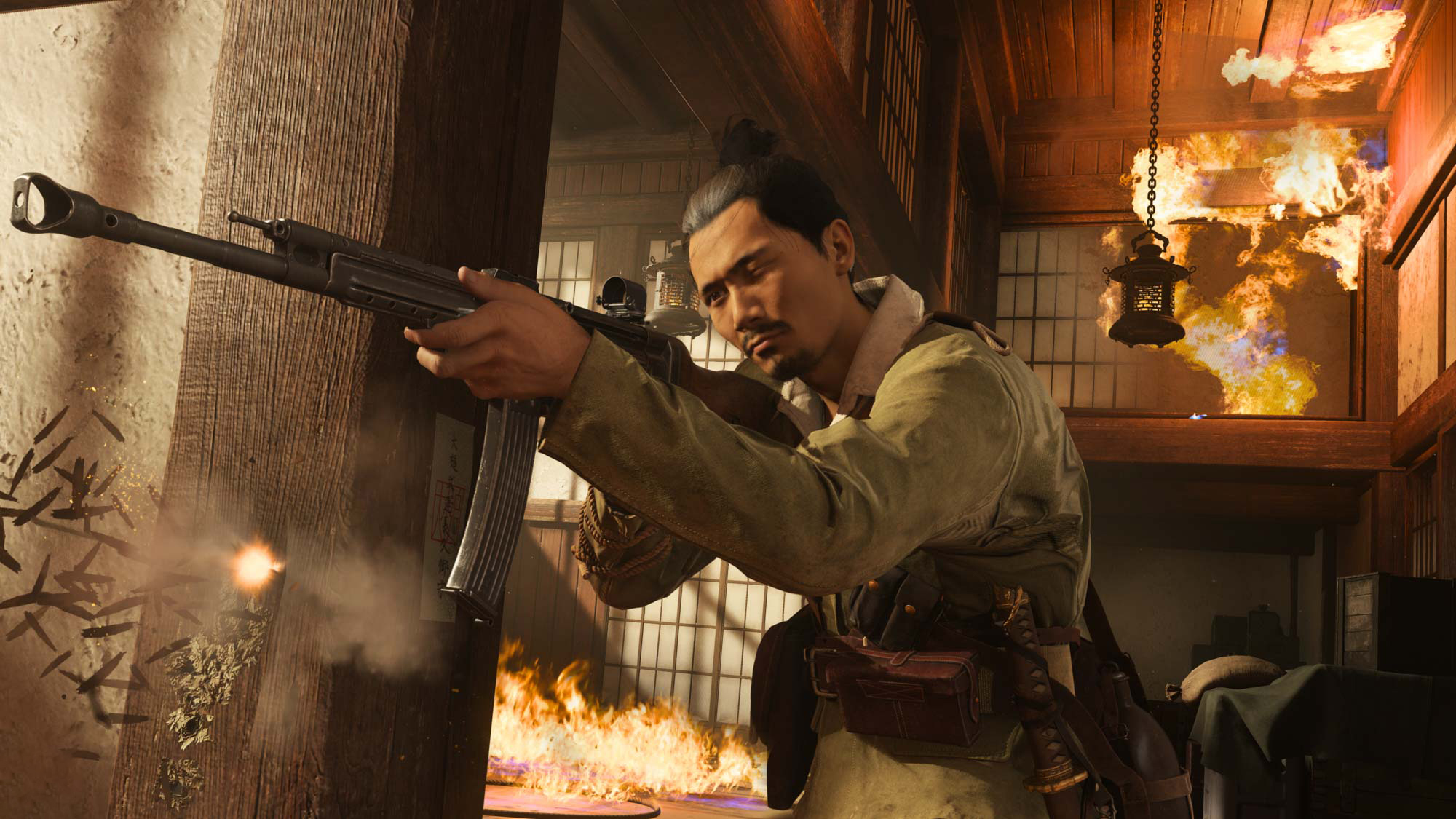
Of course, the most contentious point of this purchase is what it means for Xbox’s rivals in the gaming space, primarily PlayStation and Nintendo. Microsoft’s strong commitment to supporting PC gaming means that Activision Blizzard titles will continue to come out on PC. But the future of mega-franchises, such as Call of Duty and Overwatch on the PS5 and Nintendo Switch seems murkier.
The first half of 2021 saw a similar debate after Microsoft's acquisition of $7.5 billion Bethesda. Many PlayStation gamers struggled to comprehend the idea of a world where the PS5 doesn’t receive The Elder Scrolls 6, Fallout 5 and Starfield. But over the summer at E3 2021 Microsoft confirmed that Bethesda's first original IP in 25 years would be coming exclusively to Xbox Series X, Xbox One and PC.
Presumably, this will be the case for other Bethesda games in the future. (Although, curiously, Ghostwire Tokyo, the next game from Tango Gameworks, a Bethesda-owned studio, will be a timed exclusive on the PS5. This is due to a deal struck before Microsoft purchased Bethesda’s parent company ZeniMax.) A next-gen port of Skyrim also came out on the PS5 last November, suggesting that Bethesda hasn’t fully closed on the door on Sony's platforms just yet.
It’s still too early to tell if Activision Blizzard will take the same tack, but it’s logical to suggest that Call of Duty 2023 being exclusive to Xbox could happen. Considering that the franchise is one of the biggest in gaming, and has had an exclusive marketing deal with Sony since 2015, this would be a fairly big blow to Sony.
It’s not an exaggeration to suggest that at least some PlayStation gamers could be tempted to switch over to Xbox if Microsoft's platform becomes the exclusive home of Call of Duty. At least PC-centric franchises, such as StarCraft and Warcraft, should continue without much disruption.
Microsoft must fix Activision Blizzard's mess
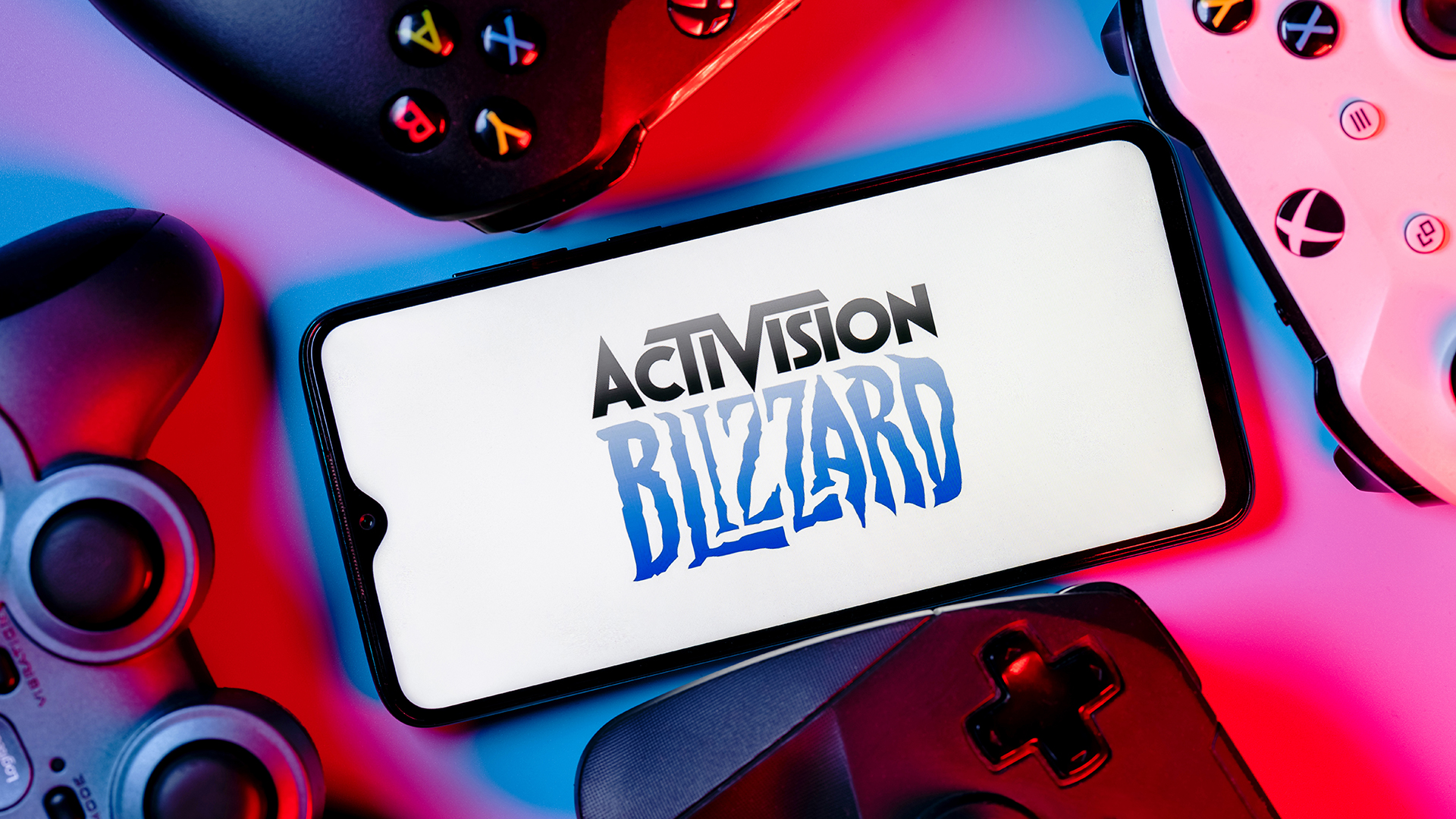
It’s important to note that this acquisition comes with a fairly unsavory element as well. For months now, Activision Blizzard has been mired in controversy after the state of California opened a lawsuit against the company for being a “breeding ground for harassment." Some of the allegations against higher-ups within the publisher border on the unprintable, and CEO Bobby Kotick has received a torrent of criticism for his hand in creating a toxic work environment, for women in particular.
The problems don’t end there, either. Employees at Raven, a development studio that works on the Call of Duty franchise, have recently staged a walk-out in protest against the mistreatment of quality assurance testers. It's fair to say there are a lot of practices within Activision Blizzard right now that the company needs to stop.
All of these allegations are so serious that they have contributed to the company's share price falling a dramatic 27% over the past six months. Even so, Microsoft still purchased the company at a significantly higher share price than its current market value.
Prominent figures from across the gaming industry have condemned the company culture at Activision Blizzard, including Xbox’s own Phil Spencer, and calls for Kotick to resign have been loud. For now, at least it seems that Kotick will continue to lead Activision Blizzard, though. A Microsoft PR confirmed to Bloomberg’s Jason Schreier that Kotick “will continue to serve as CEO…Once the deal closes, the Activision Blizzard business will report to Phil Spencer.”
Some gamers are already pushing a narrative that Microsoft has stepped in to essentially save Activision Blizzard from itself. While this idea is perhaps a little fanciful (the acquisition is still a business decision first and foremost), Microsoft now has a serious duty of responsibility to help clean up the company’s act and restore Activision Blizzard's reputation.
Spencer appears to acknowledge this in the acquisition announcement article. He said: “As a company, Microsoft is committed to our journey for inclusion in every aspect of gaming, among both employees and players. We’re looking forward to extending our culture of proactive inclusion to the great teams across Activision Blizzard.”
Is Microsoft finished for now?
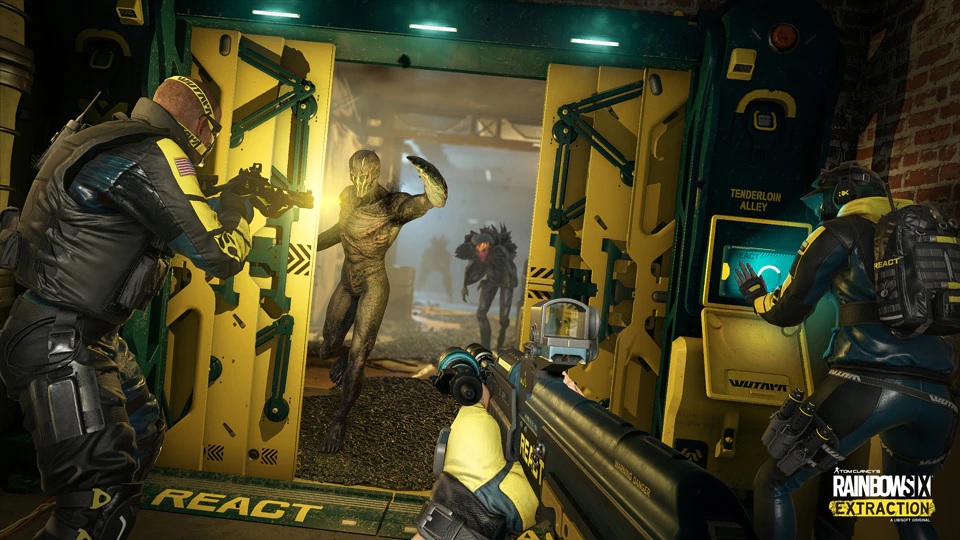
Throughout 2021, there were plenty of rumors swirling that Microsoft might be looking to scoop up another major player in the games industry. While most companies might take a break from purchasing after spending $7.5 billion (to purchase ZeniMax), it seems that Microsoft was just getting started.
Microsoft's agreement to purchase Activision Blizzard is now the biggest acquisition in gaming history, and comes eight days after Take-Two Interactive purchased Zynga in what had been a record-breaking $12.7 billion deal. That record sure didn’t stand long. While the discussions about this deal will rage on for weeks to come, some analysts are already questioning if Microsoft is finished, at least for now.
Internet whispers last year suggested that Microsoft might have been considering buying the likes of Warner Bros. Interactive Entertainment (although that deal would have been complicated, as Warner Bros. doesn’t own all of its IP). EA was another potential purchase.
Curiously, earlier this month, Xbox announced that upcoming co-op shooter Rainbow Six Extraction would be launching on Xbox Game Pass and that Ubisoft’s own subscription service, the creatively titled Ubisoft Plus, would come to Xbox platforms at some point in 2022. These deals might indicate a close relationship. Could the French publisher be Microsoft’s next target?
Based on the time between the Bethseda purchase and the Activision Blizzard purchase, around 15 months, we can presume that another sizeable acquisition isn’t in the immediate pipeline. But after a deal like this, it’s hard to know where Microsoft will draw the line.
It’s clear that Microsoft is very keen to invest significant money into its Xbox division. Don’t forget that Xbox Game Pass will continue to need a steady stream of compelling content to retain and grow its subscriber base. This could mean another significant investment in a major publisher — or perhaps Sony will strike back with an acquisition of its own. Only time will tell.
Sign up to get the BEST of Tom's Guide direct to your inbox.
Get instant access to breaking news, the hottest reviews, great deals and helpful tips.

Rory is an Entertainment Editor at Tom’s Guide based in the UK. He covers a wide range of topics but with a particular focus on gaming and streaming. When he’s not reviewing the latest games, searching for hidden gems on Netflix, or writing hot takes on new gaming hardware, TV shows and movies, he can be found attending music festivals and getting far too emotionally invested in his favorite football team.
